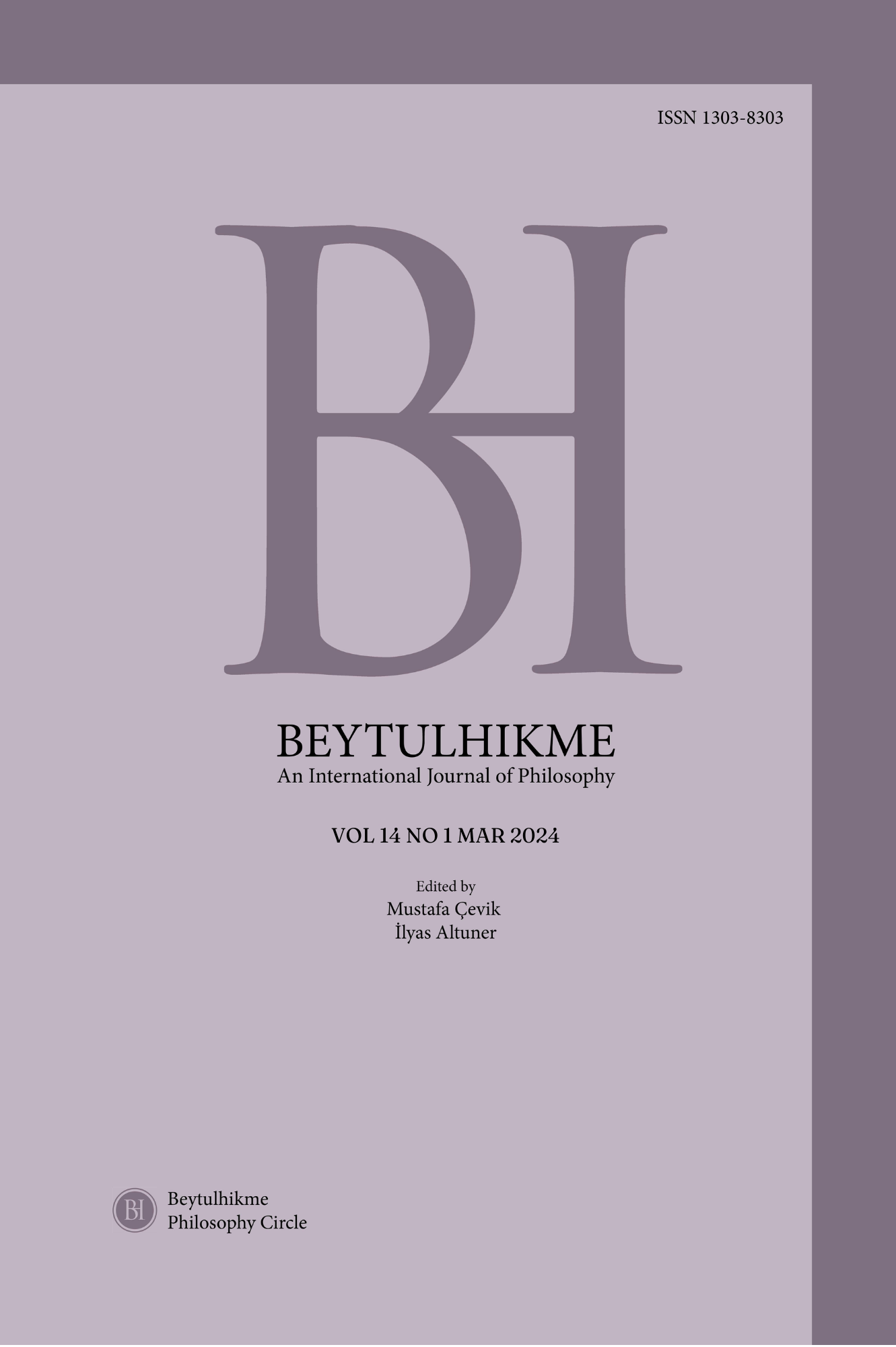Author :
Abstract
Çalışmamızda Platon’un felsefesinde önemli yer tutan bilge ve filozof kavramlarını ele alacağız. Bu iki kavramı birbiriyle irtibatı açısından değerlendirerek, Platon’un felsefe tanımına ulaşacağız. Fikriyat tarihinde Platon’un felsefesini ve bu itibarla da bilge ve filozof kavramlarını Fârâbî’nin nasıl ele aldığını sorunsallaştıracağız. Bu bağlamda Fârâbî’nin Platon okumasının ne kadar isabetli olduğunu sorgulayarak onun nübüvvet kuramının bilge ve filozof arasındaki irtibatın mahiyetini yakalayıp yakalayamadığına cevap arayacağız. Daha sonra Platon’un filozof kavramıyla ilahi kelamın mübelliği olan nebi arasında ne gibi farklılıkların olduğu üzerinde durarak akademik dünyamızda neredeyse yer edinmiş filozof ve nebi benzerliğinin yanlış olduğunu göstereceğiz. Bu yanlışın nereden kaynaklandığını irdeleyerek nebinin filozofla değil bilgeyle benzerliğinin kurulabileceğine vurgu yapacağız. Ancak bu benzerliğin aynılık olup olmadığına, asıl tekilliğin ve asıl hadisenin bilgeyle mi yoksa nebiyle mi alakalı olduğu sorusuna verilecek cevap üzerinden ulaşacağız. Yani Platon’un bilgeye verdiği merkeziliği Fârâbî’nin nebiye verdiğini ileri sürmek mümkün müdür? Fârâbî’nin felsefesinde nebi, siyaset sahnesini kuran ve bu anlamda toplumsallaşmayı sağlayan bir figür olmakla birlikte ontolojisini nebiyi merkeze alarak mı inşa etmiş? Platon’un sadece ontolojisini değil bütün bir metafizik sistemini bilgeyi merkeze alarak geliştirdiğini dikkate alırsak, nebiyi esas alarak yeni bir metafizik sistemin geliştirilmesi Fârâbî’nin felsefesinin de içerilerek aşılması anlamına mı gelir? İşbu soruları yanıtlamaya çalışacak olan çalışmamızın akademiye katkı sağlayacağı kanaatindeyiz.
Keywords
Abstract
In this study, I will discuss the concepts of sophos and philosophos in Plato’s philosophy. I will reach Plato’s definition of philosophy by evaluating these two concepts in terms of their connections with each other. I will problematize al-Fârâbî’s interpretation on Plato’s philosophy and the concepts of sophos and philosophos. In this context, by questioning how accurate al-Fârâbî’s reading of Plato is, I will seek an answer to whether his theory of prophecy captures the nature of the relationship between sophos and philosophos. Then, by highlighting the differences between philosophos and prophet, I will emphasize that the similarity can be established with sophos and prophet, not with philosopher. Furthermore, whether this similarity is the same or not will be determined through the answer to the question of whether the real singularity and the real event are related to sophos or prophet. In other words, is it possible to claim that al-Fârâbî gives the centrality to prophet that Plato gives to sophos? In al-Fârâbî’s philosophy, although prophet is a figure who establishes the political scene and ensures socialization in this sense, did he build his ontology by centering prophet? Considering that Plato developed not only his ontology but also his entire metaphysical system by centering sophos, does the development of a new metaphysical system predicated on the prophet signify a transcendence beyond Plato’s philosophical framework as encompassed by al-Fârâbî? I believe that my study intends to address these questions, offering a valuable contribution to the academic discussion.
